Stellantis will aim to establish a new facility to manufacture batteries in North America in 2024 in partnership with South Korean electronics giant LG.
The factory, which Stellantis hopes will have a production capacity of 40 gigawatt hours per year, will supply batteries to the firm’s assembly plants throughout the US, Canada and Mexico. The batteries will to be installed in "next-generation electric vehicles", including plug-in hybrids and all-electric vehicles.
“Today’s announcement is further proof that we are deploying our aggressive electrification road map and are following through on the commitments we made during our EV Day event in July,” said Carlos Tavares, CEO of Stellantis.
“With this, we have now determined the next ‘gigafactory’ coming to the Stellantis portfolio to help us achieve a total minimum of 260 gigawatt hours of capacity by 2030. I want to warmly thank each person involved in this strategic project. Together, we will lead the industry with benchmark efficiencies and deliver electrified vehicles that ignite passion.”
The facility will form part of Stellantis’s €30 billion (£25bn) investment into electrification and software development through 2025.
Stellantis first partnered with LG in 2014, when the electronics giant was chosen to supply a lithium ion battery pack system and controls for the Chrysler Pacifica Hybrid minivan.
“Establishing a joint venture with Stellantis will be a monumental milestone in our long-standing partnership,” said Jong-Hyun Kim, president and CEO of LG Energy Solution. “LGES will position itself as a provider of battery solutions to our prospective customers in the region by utilising our collective, unique technical skills and mass-producing capabilities.”
The factory’s exact location is yet to be determined, but construction is targeted to start by the first quarter of 2024, given that documentation, closing conditions and regulatory aspects are approved.

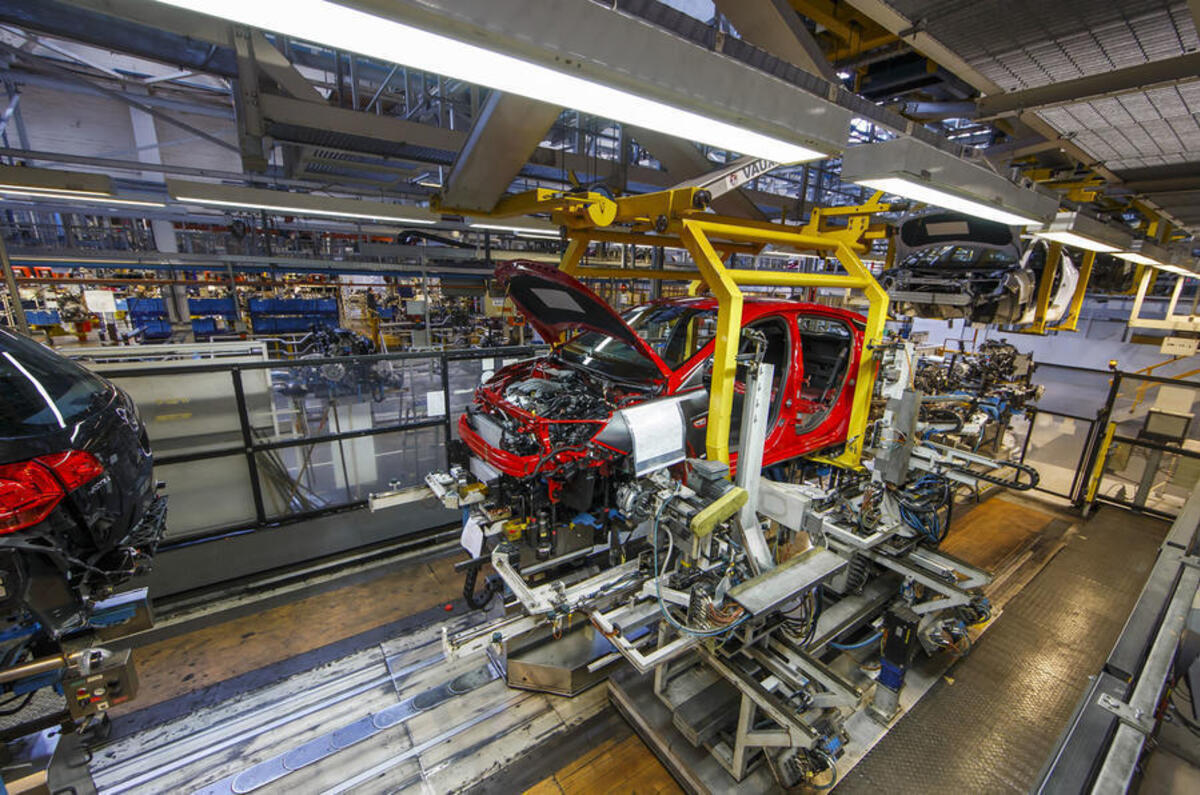
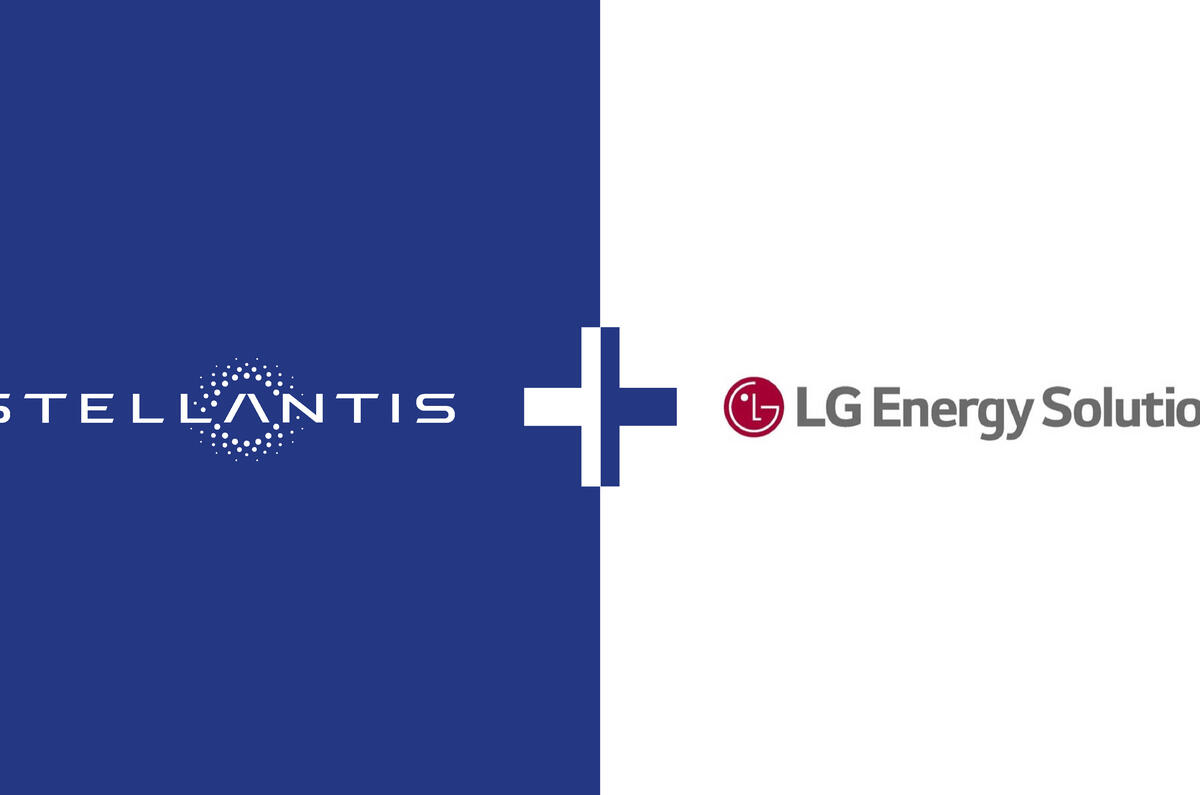
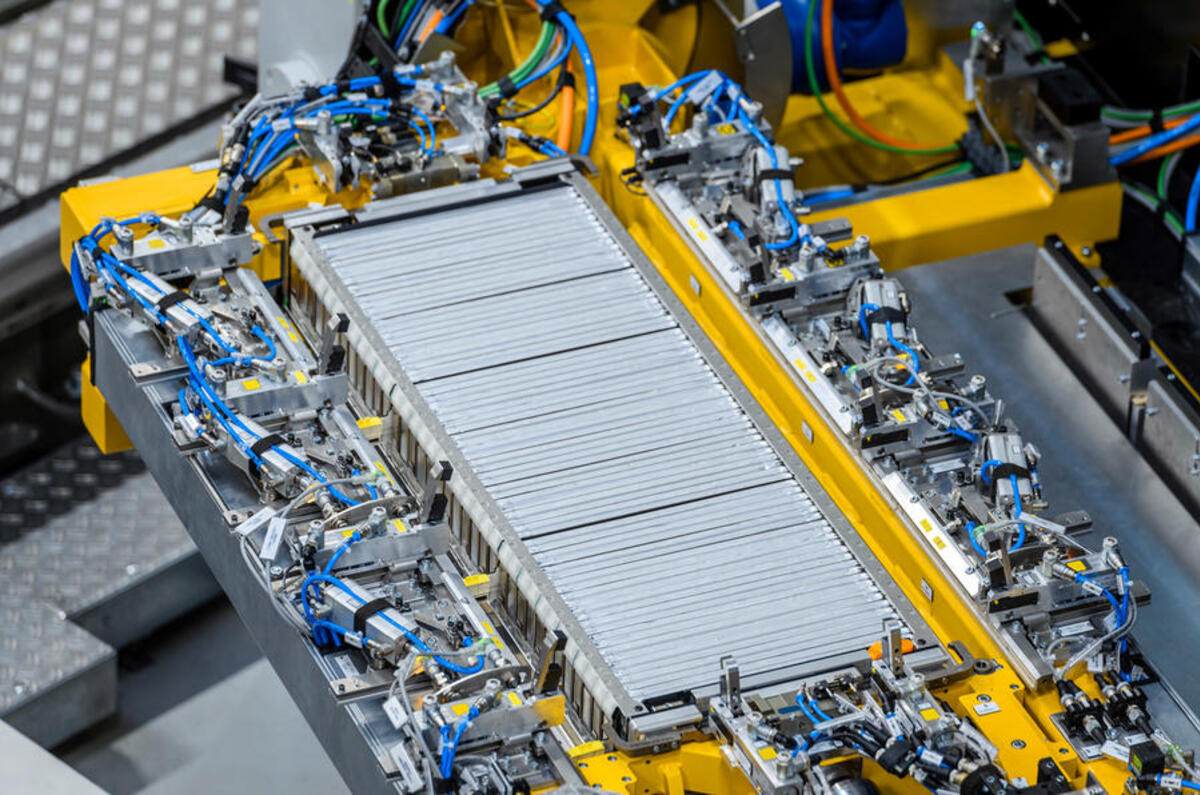
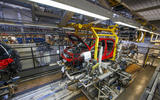
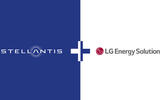
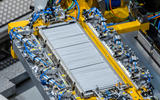


Join the debate
Add your comment
Will there be an integral recycling facility? In the style of planning ahead, and actually anticipating reusing the recyclable materials from the batteries?